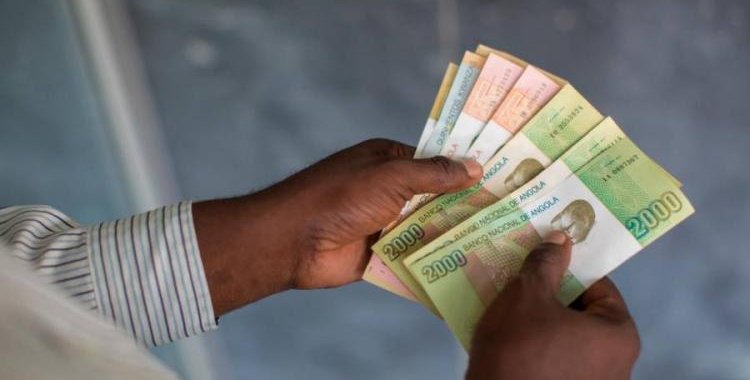According to calculations made by Expansão, based on daily exchange rates published by the National Bank of Angola (BNA), the depreciation can be justified by the fall in tax revenues from oil exports. In the first quarter of this year, the State collected 1.1 billion kwanzas, which is 265 billion less than in the same period of 2020 (revenues were 1.4 billion), representing a 19 percent drop in revenues.
However, it's not all bad news: by comparing the evolution of the national currency over the first three months of the year it is possible to conclude that the kwanza managed to appreciate slightly against the dollar and euro. The national currency closed the first three months of 2021 with an appreciation of one percent against the American currency and 1.4 percent against the European currency.
According to an analysis by economists and the president of the Angolan Banking Association (ABANC), cited by Expansão, the appreciation of the national currency in the first quarter of 2021 was helped by a decrease in demand, by families and companies, for foreign currencies.
"One of the reasons for the appreciation of the kwanza is the liquidity in kwanzas that is lower. There are fewer kwanzas on the market," explained Mário Nascimento. Speaking to Expansão, the specialist explained that the appreciation of the national currency in January, February and March is not synonymous with a greater supply of foreign currency resources in the middle, but rather that supply met demand.
For his part, economist Alberto Vunge considered that the evolution of oil prices and the introduction of Bloomberg's FXGO platform, allowed the kwanza to appreciate in value.
Explaining that the FXGO platform has freed up the foreign exchange market, by allowing agents to interact on the platform and thus set prices for the currencies on the market, the economist said that the BNA still continues "unofficially" to interfere in the foreign exchange market.
"The BNA continues to hold auctions, with this, it still continues to influence the foreign exchange market," he added.







